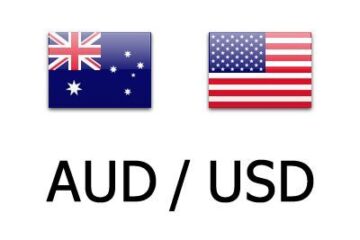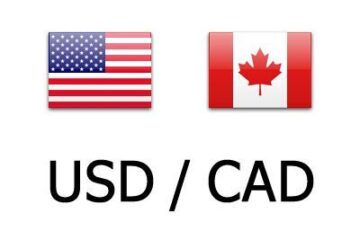The United Kingdom’s tax authority seized three NFTs and arrested three people as part of a £1.4 million ($1.89 million) tax fraud probe.
Anonymity may be part of the draw of digital assets like NFTs and cryptocurrency, but law enforcement actions over the weekend prove that those investments are well within the reach of the law.
Over the weekend, Her Majesty’s Revenue and Customs, the U.K’s tax authority, seized three NFTs and arrested three people as part of a £1.4 million ($1.89 million) tax fraud probe. The HMRC says it is the first time it has seized NFTs.
The seizure “serves as a warning to anyone who thinks they can use crypto assets to hide money from HMRC,” Nick Sharp, deputy director of economic crime, told the BBC.
“We constantly adapt to new technology to ensure we keep pace with how criminals and evaders look to conceal their assets.”
Shutterstock
Tax authorities said the three suspects in the fraud cause used “sophisticated methods” to stay anonymous including using false and stolen identities, false addresses, pre-paid unregistered mobile phones, virtual private networks (VPNs), false invoices and pretending to engage in legitimate business activities.
The HMRC secured a court order to seize crypto assets worth about £5,000 and three digital artwork NFTs that have not been valued while its investigation continues.
The U.K. seizure comes a week after U.S. officials seized more than $3.6 billion in allegedly stolen bitcoins.
Do NFTs Have a Fraud Problem?
The tax man wasn’t the only entity cracking down on NFT fraud this weekend.
Cent, one of the first marketplaces to allow people to sell tweets as NFTs, has suspended most transactions because people on the platform were selling tokens of content that did not belong to them.
Cent Founder Cameron Hejazi told Reuters that the issue is a “fundamental problem” in the NFT world especially as non-fungible tokens grow in popularity.
Cent has restricted buying and selling since February 6, Hejazi told the news service.
“There’s a spectrum of activity that is happening that basically shouldn’t be happening – like, legally” Hejazi said. That spectrum includes three main problems: users selling unauthorized copies of other NFTs, people making NFTs of content they don’t own and people selling NFTs that resemble a security.
OpenSea, the largest NFT marketplace that is valued at $13.3 billion, said last month that more than 80% of the NFTs minted for free on its platform were “plagiarized works, fake collections and spam.”
But fraud isn’t the only issue NFTs are having.
Illicit Activity on the Blockchain
Money laundering activity is also growing on NFT exchanges with blockchain analysis firm Chainalysis estimating that value sent to NFT marketplaces by illicit addresses “jumped significantly in the third quarter of 2021, crossing $1 million worth of cryptocurrency.”
“The figure grew again in the fourth quarter, topping out at just under $1.4 million,” the firm said.
Peer to peer exchanges that allow users to trade assets by connecting their wallets without having to identify themselves has allowed for what is known as wash trading, which is making an asset appear more valuable than it really is with a user selling the asset to himself under another account, flourish, according to Chainalysis.
NFT demand hit an all-time high in 2021, with sales of the digital tokens topping $40 billion.


